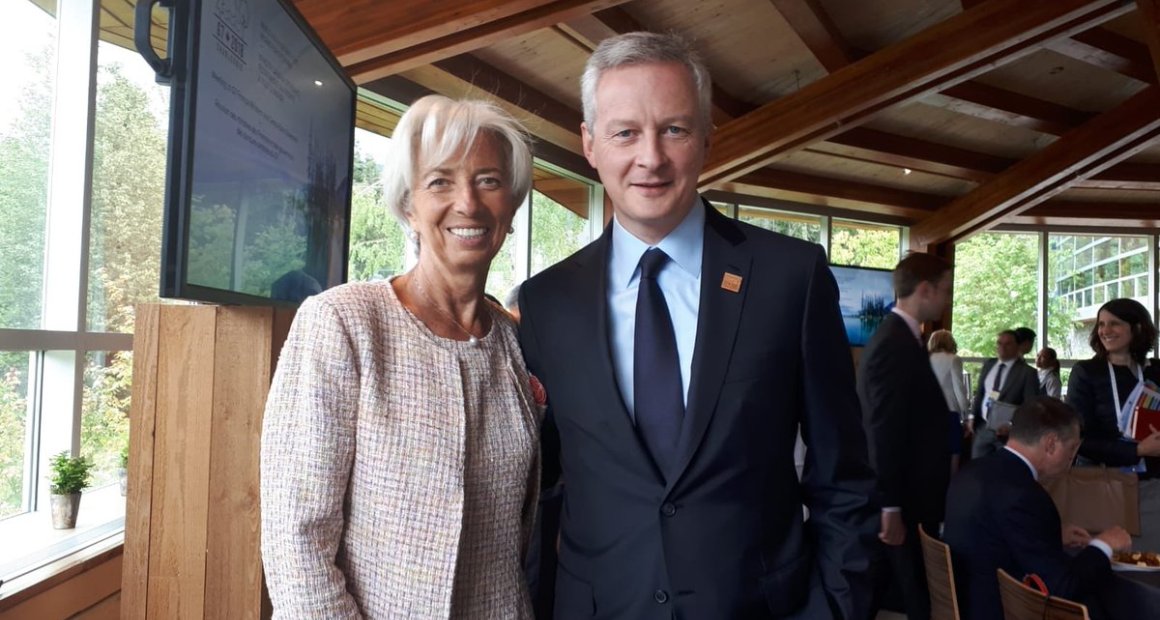New President of the ECB
It is official, the ECB has set up a working group and conducted a feasibility study on the possibility of introducing a digital Euro. It will represent a generational shift in the view of digital money and blockchains at the European Central Bank.
Jean Claude Trichet, who was President of the ECB from 2003 to 2011, says in an interview with the South China Morning Post that he is “strongly opposed to Bitcoin”. His argument is that the authorities have been dozing off in class, and tacitly accepted a counterfeit currency that has no value.
There is good news, Christine Lagarde took over the ECB’s chair on November 1. She stated the following in September:
“When it comes to new technologies such as digital currencies, we should be vigilant about their impact on stability, anonymity and criminal activity, so that we are constantly adapting regulations to be effective. It also means that we must recognize the greater social benefits of innovation and create a space where such inventions – such as digital currencies – can be developed and grown.”
France at the forefront
The status now is that the ECB has conducted a survey and set up a working group. They have a central bank governor, who sees the importance of innovation and is willing to look at new methods of transferring value.
Member states with France and Germany have previously expressed skepticism for Libra if it comes without a good regulatory regime. They want to organize but regulate it so that they still have control over monetary policy. Finance Minister in France Bruno Le Maire commented on the project with digital euro as follows:
“Although we have set up a working group, which will spend a good deal of time finding the right approach to a digital Euro, there is nothing in the way for us to see results already next year”
International development
These are positive tones from leading European politicians. In fact, it now seems that ECB chief Lagarde and finance minister Le Maire could constitute the pigeon that introduces legislation and policy so that “stablecoins” such as Libra and digital Euro can be launched in the European market in the next few years.
The leader of the mill is definitely not the European Union, as Tunisia announced this weekend that they had launched their E-dinar. The first payment with E-dinar was between the Central Bank of Tunisia and the IMF, and involved repayment of loans. According to the authorities, you will be able to use E-dinar in thousands of places within a few months. They also believe that the introduction of E-dinar means that they do not have to go through dollars when trading across borders, or the outdated SWIFT system.





